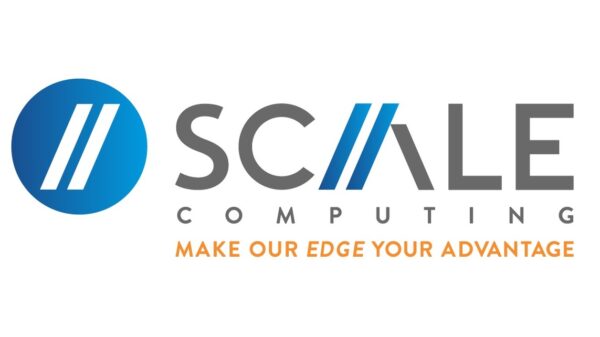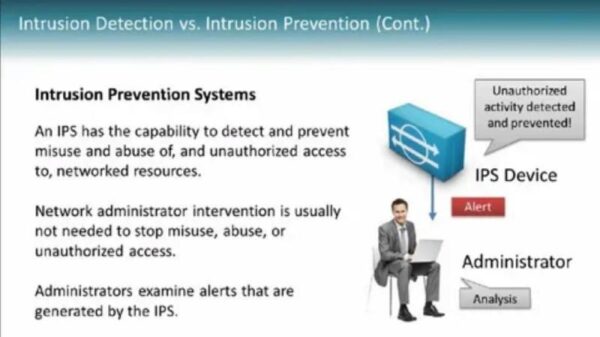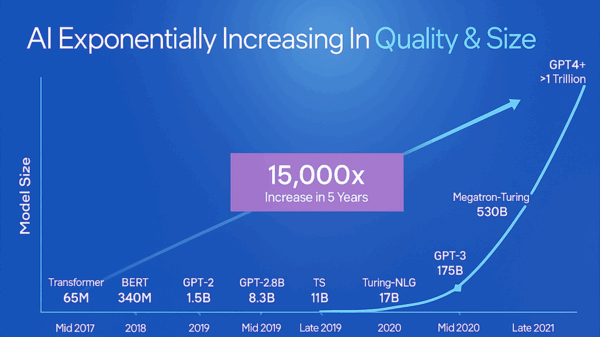As we approach the end of 2025, significant developments in AI regulation and its implications for companies are becoming increasingly clear. A report from Lexology PRO emphasizes critical aspects that businesses need to prepare for as they navigate the evolving landscape of AI enforcement in the United States.
One of the key areas addressed is the preparation for multistate enforcement. Companies must recognize that AI regulations are not uniform across states. The potential for varied enforcement mechanisms means that organizations need to develop comprehensive strategies that encompass compliance with multiple regulatory frameworks. This complexity can add layers of operational challenges for businesses, particularly those operating in multiple jurisdictions.
Contradictory Messaging and Compliance Strategies
Another critical issue highlighted by Lexology PRO is the challenge of balancing contradictory messaging. As companies work to develop AI products, they are often confronted with conflicting guidelines from various regulatory bodies. This inconsistency can undermine compliance efforts and create confusion in the marketplace. Organizations must remain vigilant and proactive in their communication strategies, ensuring that they do not inadvertently propagate misinformation regarding their AI capabilities and compliance status.
Moreover, the need for effective compliance strategies is paramount. As the regulatory environment becomes increasingly stringent, companies will need to invest in advanced compliance technologies and practices. This shift may require the integration of AI-driven tools to monitor regulatory changes and adjust operational practices accordingly. Employing these technologies will not only facilitate compliance but also enhance operational efficiency in a rapidly evolving market.
Looking ahead to 2026, the implications of 2025’s regulatory developments will likely continue to impact businesses significantly. Companies that anticipate these challenges and adapt their strategies accordingly will be better positioned to thrive in the competitive landscape. By leveraging AI technologies to streamline compliance processes, businesses can not only meet regulatory demands but also gain a competitive edge.
In summary, as organizations prepare for the complexities of multistate enforcement and navigate contradictory messaging, an emphasis on proactive compliance strategies will be crucial. The developments in AI regulation are reshaping the business landscape, requiring companies to adapt swiftly and effectively to maintain their competitive advantage.
See also Trump Drafts Executive Order to Block State AI Regulations, Centralizing Authority Under Federal Control
Trump Drafts Executive Order to Block State AI Regulations, Centralizing Authority Under Federal Control California Court Rules AI Misuse Heightens Lawyer’s Responsibilities in Noland Case
California Court Rules AI Misuse Heightens Lawyer’s Responsibilities in Noland Case Policymakers Urged to Establish Comprehensive Regulations for AI in Mental Health
Policymakers Urged to Establish Comprehensive Regulations for AI in Mental Health Congress Moves to Ban State AI Regulations, Heightening Risks for American Children
Congress Moves to Ban State AI Regulations, Heightening Risks for American Children AI Model Risk Management Evolves: 70% of Financial Firms Integrate Advanced Models by 2026
AI Model Risk Management Evolves: 70% of Financial Firms Integrate Advanced Models by 2026


































































